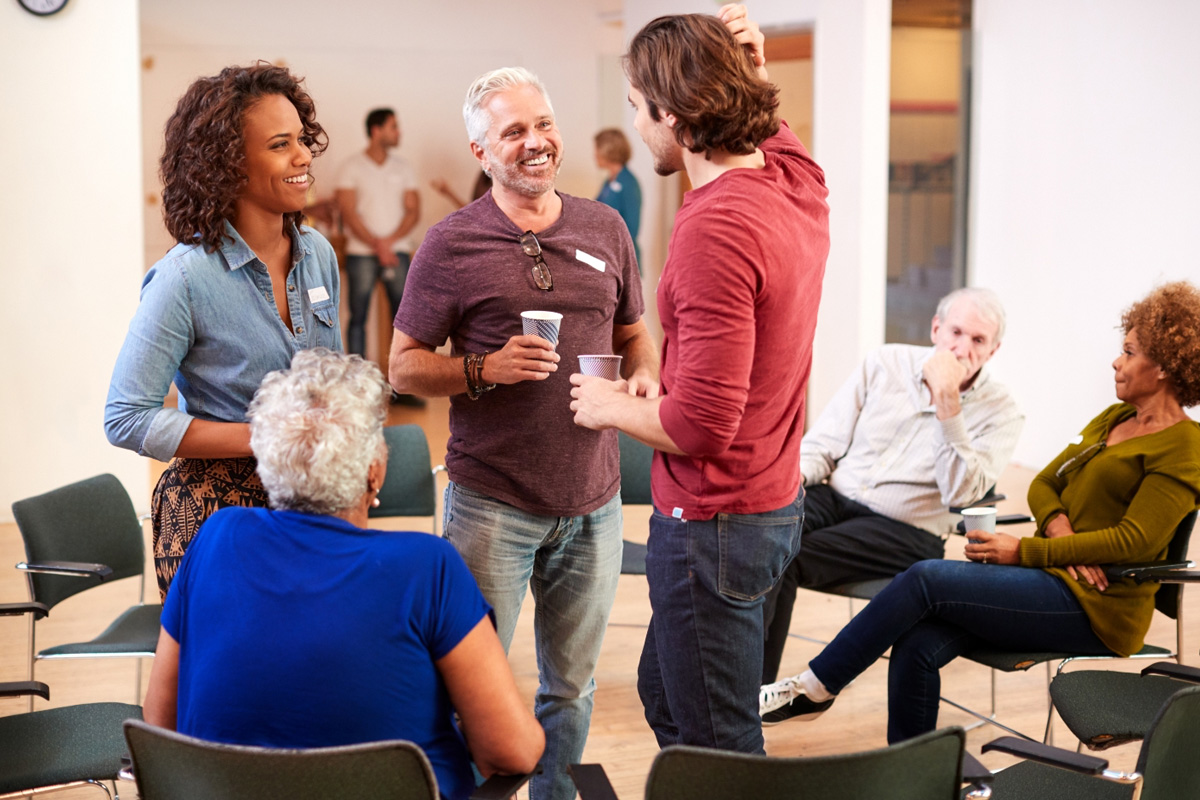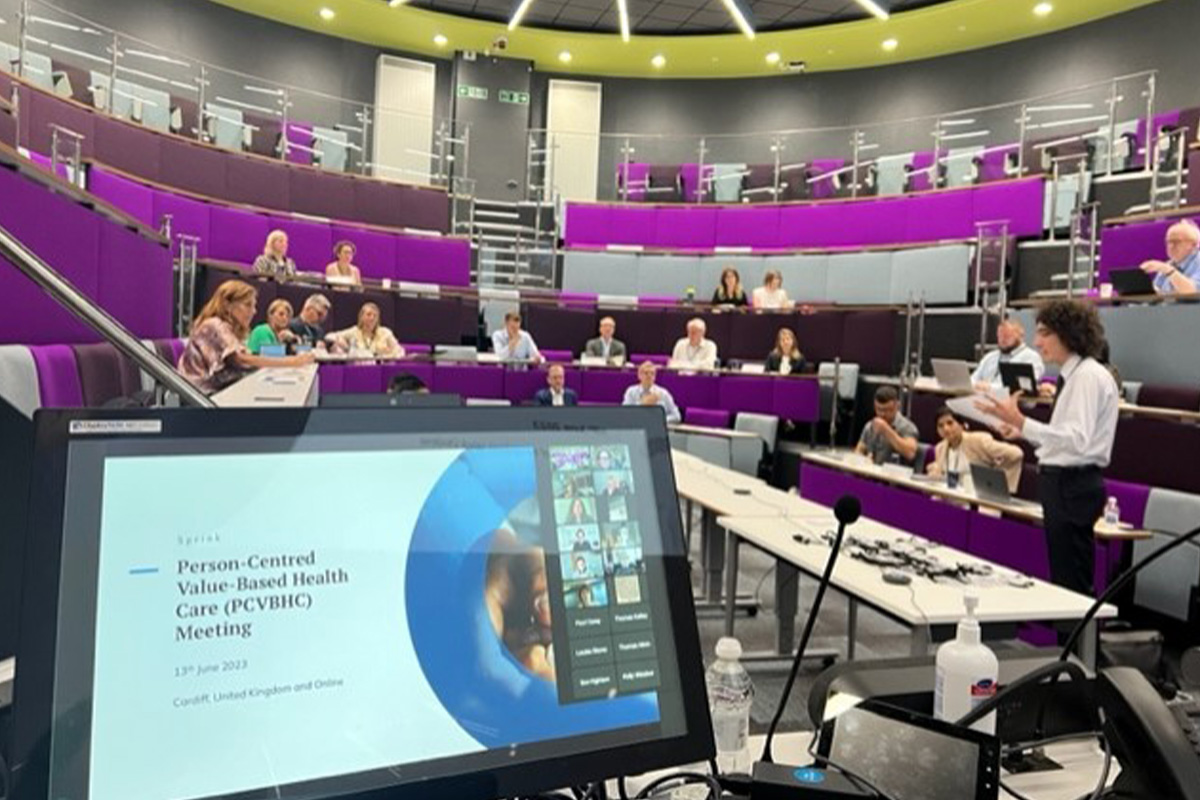Professor Christobel Saunders, James Stewart Chair of Surgery, Royal Melbourne Hospital and University of Melbourne. Dr. Angela Ives, Research Fellow, University of Western Australia.
Breast cancer is the most common human cancer around the world, with over 2.3 million women diagnosed each year. Patients with cancer tell us that along with wanting the best chance of survival, they also value swift and accurate diagnosis, information about the condition, shared decision making, seamless multidisciplinary care and financial transparency, with no hidden costs if treated in the private system.[1]
At the University of Western Australia, we are running a research and implementation project called Continuous Improvement in Care – Cancer (CIC Cancer) to combine these elements to make Value-Based Health Care a reality for cancer patients treated in public and private settings.
In Australia, about half of those diagnosed choose to have all or some of their cancer treatment in the private sector, which can lead to disjointed care. Delivering joined-up, seamless care, and ensuring people have a voice in their treatment, are some of the key concepts we have defined in the Global Centre for Person-Centred Value-Based Health Care’s report, which presents an evolution of the Value-Based Health Care approach.
To make this a reality, we have collaborated with patients and service providers to define and co-design the care package. We have taken their needs and partnered with GenesisCare, the largest cancer care provider in Australia, Spain and the UK, to develop a care package for the first 12 months of treatment for women with early breast cancer. This provides all the medical services they need once diagnosed, including surgery, radiotherapy, chemotherapy, pathology, imaging, and nursing care, as well as a suite of supportive services such as physiotherapy and psychological support. All these services are guaranteed at a known and modest out-of-pocket cost, with the financial risk carried by GenesisCare. A named patient navigator will also help patients by explaining the care package, getting them access to services they need, and coordinating appointments. Patients will also have an electronic portal to read information about cancer and their test results to help smooth their journey.
“Having that [financial] amount defined [is really important]. Especially in the private system, you get told about the surgery but it’s the ongoing costs and you don’t necessarily know how to get out.”
Patient focus group participant
“…really really hard and tough to navigate through this whole thing on my own. I could not cope. I never saw someone. It definitely would have made a big difference [having a psychology service as part of a package], just knowing it was there to access.”
Patient focus group participant
An important goal of the project is to improve both patient and provider experiences of care as well as clinical and patient-reported outcomes, so these will be measured, and results acted on. A full independent evaluation of the project is being undertaken by the Centre for Health Economics Research and Evaluation at the University of Technology, Sydney.
To make this project a reality, we have collaborated with patients, and we have engaged with the providers of each of these services to define and co-design the care package. In addition, we have worked with private health insurers and hospitals to ensure all services are provided to the patient at a known modest cost. Most importantly, we have involved our patients, who loudly and clearly told us what they wanted.
“Costs aside, the simplicity of the package is really attractive. When you are diagnosed, the treatment is pretty standard, whether you’re private or public. But [having] access to allied health professionals included rather than having to go looking for it is a really attractive part of the whole package.”
Patient focus group participant
CIC Cancer may not address every aspect of PCVBHC but it does address many of the challenges patients face when they get treated in the private sector.
Our immediate task is to fully implement this care package at our pilot site in Perth, Western Australia. Once this is established, we will scale it up to other geographies, treatments, and cancers, and ensure it is a sustainable and feasible model which delivers PCVBHC in the most equitable way possible in the private sector.
We hope to give an update about our progress in implementing this care package in approximately a year and you can follow updates by visiting the CIC Cancer website: https://www.ciccancer.com/
If you are interested in learning more about Person-Centred Value-Based Health Care (PCVBHC), please do get in touch with Andrea Srur, Associate Director, Global Centre for PCVBHC: a.srur@sprink.co.uk.
Download the PCVBHC report here
References
[1] All-can, https://www.all-can.org/ driving sustainable healthcare solutions for everyone affected by cancer: all-can.org




